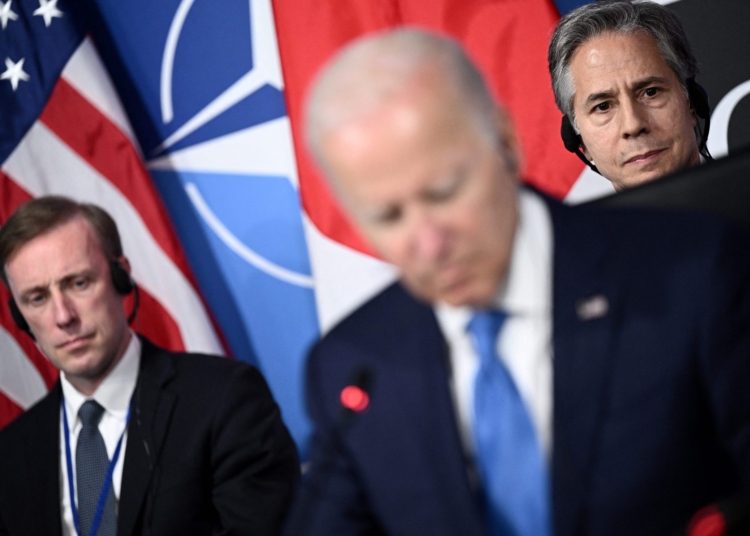World War I, also known as the Great War, was a global conflict that lasted from 1914 to 1918, involving over 70 million military personnel and resulting in over 9 million casualties. One of the key aspects of the war was the complex system of alliances between major powers, such as the Triple Entente (France, Russia, and the United Kingdom) and the Central Powers (Germany, Austria-Hungary, the Ottoman Empire, and Bulgaria). The alliances created a fragile situation where a single event, like the assassination of Archduke Franz Ferdinand, could trigger a full-scale conflict. The war ultimately led to the end of traditional alliances and the emergence of new global superpowers in the 20th century.
Alliances and Foes: The Complexities of World War I Politics
The Rise of Alliances
World War I, also known as the Great War, was a global conflict that involved many of the world’s great powers. The war began in 1914 and lasted until 1918, with over 70 million military personnel involved and resulting in over 9 million casualties. One of the key aspects of World War I was the complex system of alliances that existed between the major powers of the time.
The Triple Entente
The Triple Entente was an alliance between France, Russia, and the United Kingdom. This alliance was formed as a response to the growing power of Germany and its aggressive expansionist policies. The Triple Entente was a significant factor in the outbreak of World War I, as it contributed to the polarization of Europe into two opposing camps.
The Central Powers
The Central Powers consisted of Germany, Austria-Hungary, the Ottoman Empire, and Bulgaria. This alliance was formed in response to the Triple Entente and was driven by a desire to maintain the balance of power in Europe. The Central Powers were motivated by concerns over Russian expansionism and the growing influence of the Triple Entente.
The Complexity of Alliances
The system of alliances that existed in the lead-up to World War I was incredibly complex and fragile. The alliance system created a situation in which a single event could trigger a chain reaction, leading to a full-scale conflict. This was demonstrated by the assassination of Archduke Franz Ferdinand of Austria-Hungary, which ultimately sparked the war.
The Role of Foes
While alliances played a significant role in shaping the outcome of World War I, the war was also characterized by the presence of formidable foes. In addition to the major powers involved in the alliance system, there were other significant actors that played a role in the war. For example, the United States initially remained neutral but eventually entered the war on the side of the Triple Entente, significantly shifting the balance of power in Europe.
The End of Alliances
World War I marked the end of the traditional system of alliances that had dominated global politics for much of the 19th century. The war dramatically altered the balance of power in Europe and ultimately led to the dissolution of the empires of Austria-Hungary, the Ottoman Empire, Russia, and Germany. The aftermath of World War I set the stage for the rise of new alliances and the emergence of new global superpowers in the 20th century.













